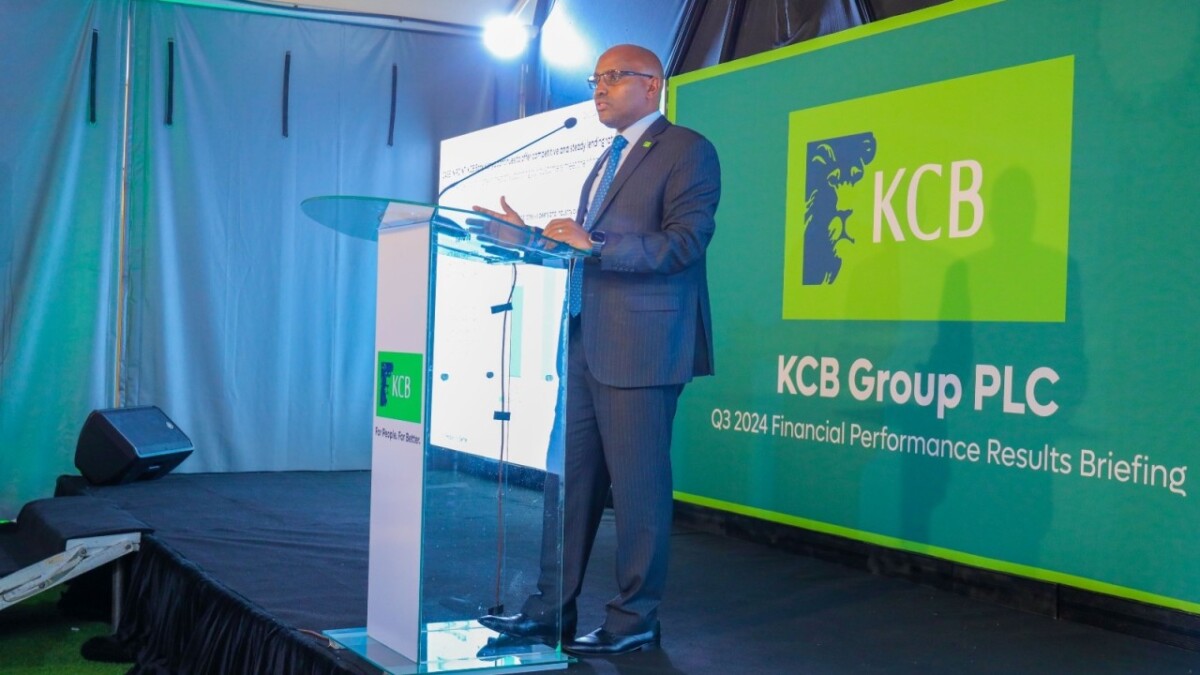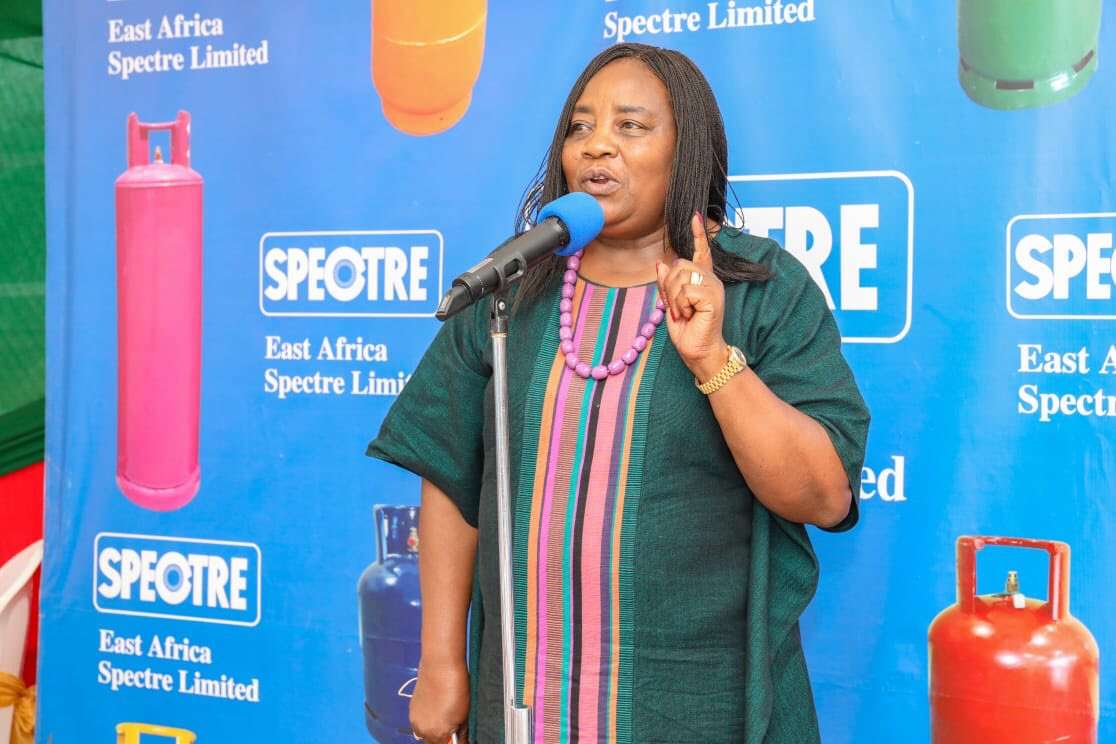KCB Group Chairman Dr Joseph Kinyua expressed confidence in the bank’s resilience, stating, “We are well-positioned to deliver stronger shareholder value, thanks to our solid capital and liquidity positions, robust governance, and commitment to sustainable practices. We are optimistic about the recovery of economic conditions across our markets.”
Kenya Commercial Bank (KCB) Group has delivered a strong financial performance for the first nine months of 2024, reporting a 49% increase in profit before tax to Ksh 45.8 billion, up from Ksh 30.7 billion over the same period last year. This impressive result highlights the bank’s ability to navigate a tough operating environment, driven by consistent revenue growth.
The Group’s total revenues rose by 22% to Ksh 142.9 billion, fueled by both funded and non-funded income streams across its subsidiaries. Notably, the contribution from subsidiaries outside Kenya, excluding KCB Bank Kenya, saw significant improvement, accounting for 36.6% of profit after tax and 34% of total assets. This underscores the benefits of the Group’s diversification strategy and its expansion into regional markets.
Despite challenging conditions across its markets, KCB Group remains optimistic, with CEO Paul Russo expressing confidence in a strong finish to the year. “The operating environment has been tough, but we’ve stayed committed to our customers and ensured our core operations remain robust. We’re optimistic about the end of the year, thanks to improving market conditions and our focus on providing tailored solutions for customers,” Russo said.
Key Financial Highlights:
- Profit Before Tax: Ksh 45.8 billion (up 49% YoY)
- Revenues: Ksh 142.9 billion (up 22% YoY)
- Total Assets: Ksh 2.0 trillion
- Customer Deposits: Ksh 1.5 trillion
- Net Loans & Advances: Ksh 1.1 trillion
- Return on Equity: 25.6%, up from 19.6% last year
KCB’s strong growth was supported by a 24% increase in net interest income, driven by improved yields and increased lending, particularly in the retail sector. Non-funded income (NFI) also saw a boost, with contributions from foreign exchange income, transaction fees, and strong performance from the Group’s subsidiary, Trust Merchant Bank (TMB) in the Democratic Republic of Congo.
Operating costs increased by 11% year-on-year, mainly due to higher staff costs, technology investments, and prudent provisioning for non-performing loans (NPLs). KCB’s NPL stock stood at Ksh 215.3 billion, with the NPL ratio closing at 18.5%, reflecting the challenging economic conditions across its markets. However, the Group has increased its provisions by 12.2% to mitigate the impact of the rising NPLs.
Despite these challenges, KCB maintained a strong capital position, with its core capital ratio at 16.5%, well above the statutory minimum of 10.5%. Shareholder funds grew by 14%, closing the period at Ksh 249 billion, up from Ksh 219 billion last year.
KCB Group Chairman Dr Joseph Kinyua expressed confidence in the bank’s resilience, stating, “We are well-positioned to deliver stronger shareholder value, thanks to our solid capital and liquidity positions, robust governance, and commitment to sustainable practices. We are optimistic about the recovery of economic conditions across our markets.”
The Group’s diversified business model, strong governance, and focus on long-term growth are key factors that will continue to drive KCB’s performance as it aims to maintain its leadership in Kenya and expand its footprint across Africa and beyond.





